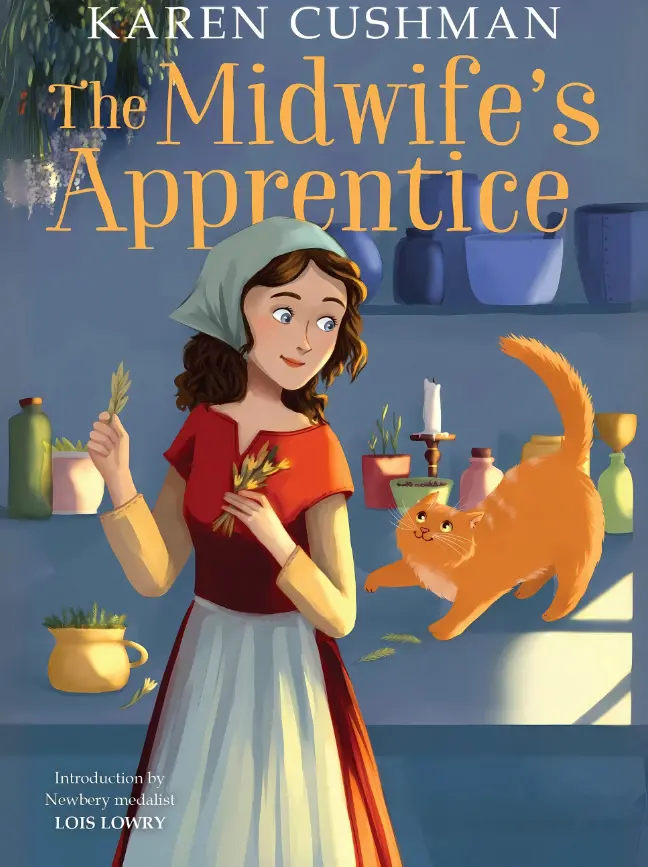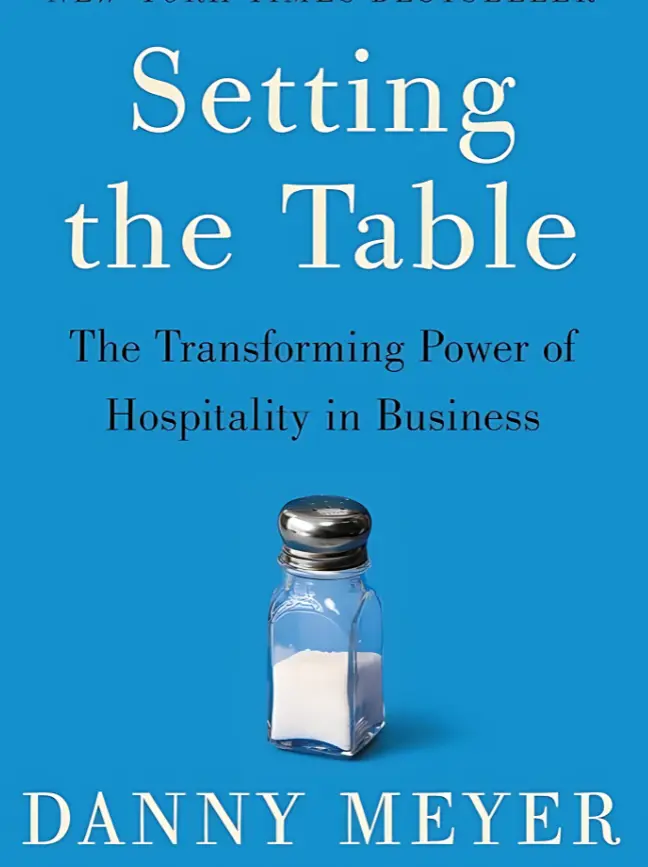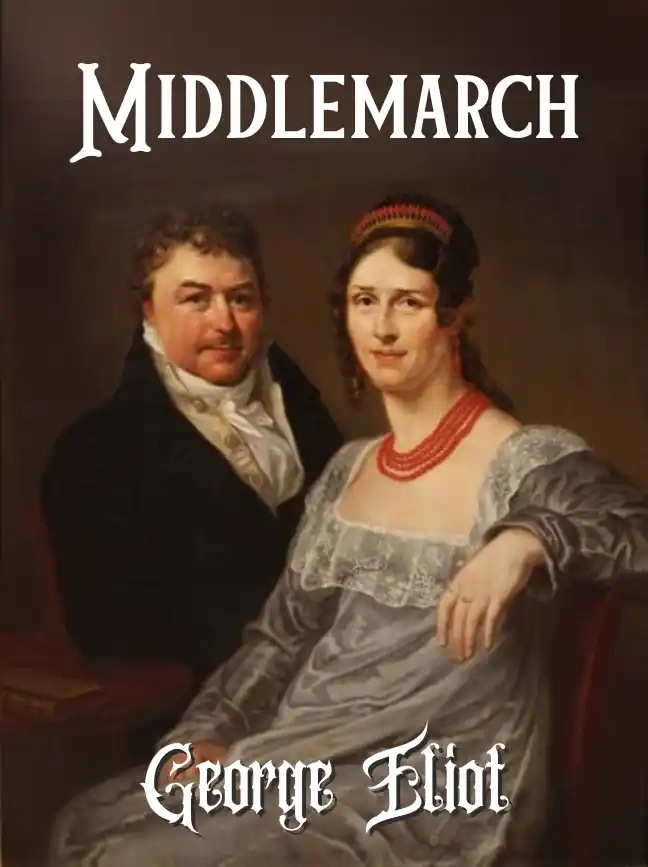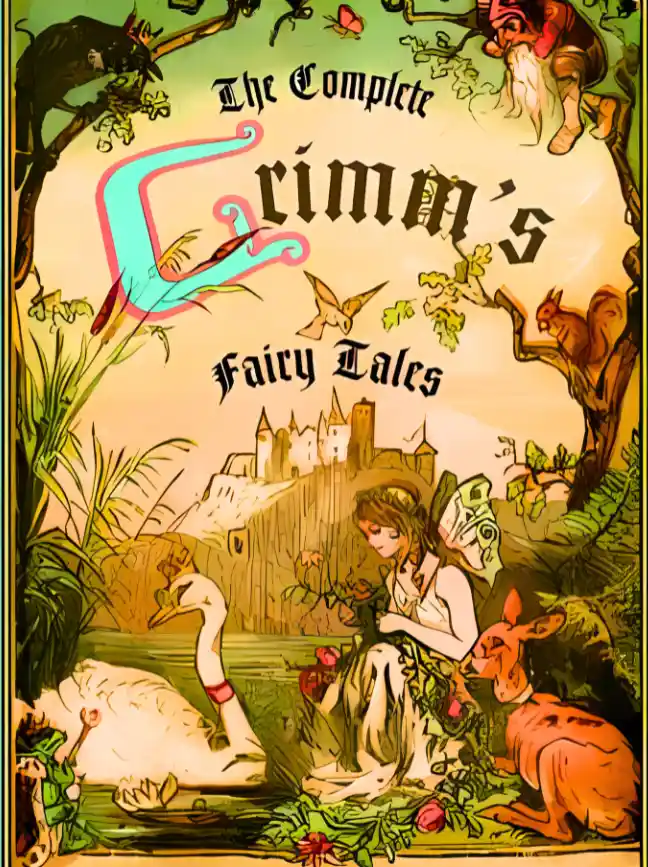Catalina sat by the window again that morning. She seemed remote, like the last time Noemí had seen her. Noemí thought of a drawing of Ophelia that used to hang in their house. Ophelia dragged by the current, glimpsed through a wall of reeds. This was Catalina that morning. Yet it was good to see her, to sit together and update her cousin on the people and things in Mexico City. She detailed an exhibit she had been to three weeks prior, knowing Catalina would be interested in such things, and then imitated a couple of friends of theirs with such accuracy a smile formed on her cousin’s lips, and Catalina laughed.
“You are so good when you do impressions. Tell me, are you still bent on those theater classes?” Catalina asked.
“No. I have been thinking about anthropology. A master’s degree.
Doesn’t that sound interesting?”
“Always with a new idea, Noemí. Always a new pursuit.”
She’d heard such a refrain often. She supposed that her family was right to view her university studies skeptically, seeing as she’d changed her mind already thrice about where her interests lay, but she knew rather fiercely that she wanted to do something special with her life. She hadn’t found what exactly that would be, although anthropology appeared to her more promising than previous explorations.
Anyway, when Catalina spoke, Noemí didn’t mind, because her words never sounded like her parents’ reproaches. Catalina was a creature of sighs and phrases as delicate as lace. Catalina was a dreamer and therefore believed in Noemí’s dreams.
“And you, what have you been up to? Don’t think I haven’t noticed you hardly write. Have you been pretending you live on a windswept moor, like in Wuthering Heights?” Noemí asked. Catalina had worn out the pages of that book.
“No. It’s the house. The house takes most of my time,” Catalina said, extending a hand and touching the velvet draperies.
“Were you planning on renovating it? I wouldn’t blame you if you razed it and built it anew. It’s rather ghastly, isn’t it? And chilly too.”
“Damp. There’s a dampness to it.”
“I was too busy freezing to death last night to mind the dampness.”
“The darkness and the damp. It’s always damp and dark and so very cold.”
As Catalina spoke, the smile on her lips died. Her eyes, which had been distant, suddenly fell on Noemí with the sharpness of a blade. She clutched Noemí’s hands and leaned forward, speaking low.
“I need you to do a favor for me, but you can’t tell anyone about it. You must promise you won’t tell. Promise?”
“I promise.”
“There’s a woman in town. Her name is Marta Duval. She made a batch of medicine for me, but I’ve run out of it. You must go to her and get more. Do you understand?”
“Yes, of course. What kind of medicine is it?”
“It doesn’t matter. What matters is that you do it. Will you?
Please say you will and tell no one about it.” “Yes, if you want me to.”
Catalina nodded. She was clutching Noemí’s hands so tightly that her nails were digging into the soft flesh of her wrists.
“Catalina, I’ll speak to—”
“Shush. They can hear you,” Catalina said and went quiet, her eyes bright as polished stones.
“Who can hear me?” Noemí asked slowly, as her cousin’s eyes fixed on her, unblinking.
Catalina slowly leaned closer to her, whispering in her ear. “It’s in the walls,” she said.
“What is?” Noemí asked, and the question was a reflex, for she found it hard to think what to ask with her cousin’s blank eyes upon her, eyes that did not seem to see; it was like staring into a sleepwalker’s face.
“The walls speak to me. They tell me secrets. Don’t listen to them, press your hands against your ears, Noemí. There are ghosts. They’re real. You’ll see them eventually.”
Abruptly Catalina released her cousin and stood up, gripping the curtain with her right hand and staring out the window. Noemí wanted to ask her to explain herself, but Florence walked in then.
“Dr. Cummins has arrived. He needs to examine Catalina and will meet you in the sitting room later,” the woman said.
“I don’t mind staying,” Noemí replied.
“But he’ll mind,” Florence told her with a definite finality. Noemí could have pressed the point, but she elected to leave rather than get into an argument. She knew when to back down, and she could sense that insisting now would result in a hostile refusal. They might even send her packing if she made a fuss. She was a guest, but she knew herself to be an inconvenient one.
The sitting room, in the daytime, once she peeled the curtains aside, seemed much less welcoming than at night. For one it was chilly, the fire that had warmed the room turned to ashes, and with daylight streaming through the windows every imperfection was laid bare more strikingly. The faded velour settees appeared a sickly green, almost bilious, and there were many cracks running down the enamel tiles decorating the fireplace. A little oil painting, showing a mushroom from different angles, had been attacked, ironically, by mold: tiny black spots marred its colors and defaced the image. Her cousin was right about the dampness.
Noemí rubbed her wrists, looking at the place where Catalina had dug her nails against her skin, and waited for the doctor to come downstairs. He took his time, and when he walked into the sitting
room, he was not alone. Virgil accompanied him. She sat on one of the green settees, and the doctor took the other one, setting his black leather bag at his side. Virgil remained standing.
“I am Arthur Cummins,” the doctor said. “You must be Miss Noemí Taboada.”
The doctor dressed in clothes of a good cut, but which were a decade or two out of fashion. It felt like everyone who visited High Place had been stuck in time, but then she imagined in such a small town there would be little need to update one’s wardrobe. Virgil’s clothing, however, seemed fashionable. Either he had bought himself a new wardrobe the last time he’d been in Mexico City or he considered himself exceptional and his clothes worthy of more expense. Perhaps it was his wife’s money that allowed a certain lavishness.
“Yes. Thank you for taking the time to speak to me,” Noemí said.
“It’s my pleasure. Now, Virgil says you have a few questions for me.”
“I do. They tell me my cousin has tuberculosis.”
Before she could continue, the doctor was nodding and speaking. “She does. It’s nothing to be concerned about. She’s been receiving streptomycin to help her get over it, but the ‘rest’ cure still holds true. Plenty of sleep, plenty of relaxation, and a good diet are the true solution to this malady.”
The doctor took off his glasses and took out a handkerchief, proceeding to clean the lenses as he spoke. “An ice bag on the head or an alcohol rub, that’s really what all this is about. It will pass. Soon she’ll be right as rain. Now, if you’ll excuse me—”
The doctor stuffed the glasses in the breast pocket of his jacket, no doubt intending to leave the conversation at that, but it was Noemí’s turn to interrupt him.
“No, I won’t excuse you yet. Catalina is very odd. When I was a little girl, I remember my aunt Brigida had tuberculosis and she did not act like Catalina at all.”
“Every patient is different.”
“She wrote a very uncharacteristic letter to my father, and she seems unlike herself,” Noemí said, trying to put her impressions into words. “She has changed.”
“Tuberculosis doesn’t change a person, it merely intensifies the traits the patient already possesses.”
“Well, then, there’s definitely something wrong with Catalina, because she’s never possessed this listlessness. She has such an odd look about her.”
The doctor took out his glasses and put them on again. He must not have liked what he saw and frowned.
“You did not let me finish,” the doctor muttered, sounding snappish. His eyes were hard. She pressed her lips together. “Your cousin is a very anxious girl, quite melancholic, and the illness has intensified this.”
“Catalina is not anxious.”
“You deny her depressive tendencies?”
Noemí recalled what her father had said in Mexico City. He’d called Catalina melodramatic. But melodramatic and anxious were not the same thing at all, and Catalina had definitely never heard voices in Mexico City, and she hadn’t had that bizarre expression on her face.
“What depressive tendencies?” Noemí asked.
“When her mother died, she became withdrawn,” Virgil said. “She had periods of great melancholy, crying in her room and talking nonsense. It’s worse now.”
He had not spoken until then, and now he chose to bring that up, and not only to bring it up but to speak with a careful detachment, as if he were describing a stranger instead of his wife.
“Yes, and as you said her mother had died,” Noemí replied. “And that was years and years ago, when she was a girl.”
“Perhaps you’ll find certain things come back,” he said.
“Although tuberculosis is hardly a death sentence, it can still be upsetting for the patient,” the doctor explained. “The isolation, the
physical symptoms. Your cousin has suffered from chills and night sweats; they’re not a pretty sight, I assure you, and codeine provides temporary relief. You cannot expect her to be cheery and baking pies.”
“I’m concerned. She’s my cousin, after all.”
“Yes, but if you begin to get agitated too, then we won’t be better off, will we?” the doctor said, shaking his head. “Now, I really must be going. I’ll see you next week, Virgil.”
“Doctor,” she said.
“No, no, I will be going,” the doctor repeated, like a man who has become aware of an impending mutiny aboard a ship.
The doctor shook Noemí’s hand, grabbed his bag, and off he went, leaving her upon the grotesque settee, biting her lips and not knowing quite what to say. Virgil took the spot the doctor had vacated and leaned back, aloof. If there ever was a man who had ice in his veins, it was this one. His face was bloodless. Had he really courted Catalina? Courted anyone? She could not picture him expressing affection toward any living thing.
“Dr. Cummins is a very capable physician,” he said with a voice that was indifferent, a voice that indicated he would not have cared if Cummins was the best or worst physician on Earth. “His father was the family’s doctor, and now he watches over our health. I assure you, he has never been found lacking in any way.”
“I’m sure he is a good doctor.” “You do not sound sure.”
She shrugged, trying to make light of it, thinking that if she kept a smile on her face and her words were airy, he might be more receptive. After all, he seemed to be taking this whole matter lightly. “If Catalina is ill, then she might be better off in a sanatorium close to Mexico City, somewhere where she can be tended to properly.”
“You don’t believe I can tend to my wife?”
“I didn’t say that. But this house is cold and the fog outside is not the most uplifting sight.”
“Is this the mission that your father gave you?” Virgil asked. “That you would come here and snatch Catalina away?”
She shook her head. “No.”
“It feels like it,” he said briskly, though he did not sound upset. The words remained cold. “I realize that my home is not the most modern and most fashionable there is. High Place was once a beacon, a shining jewel of a house, and the mine produced so much silver that we could afford to cram armoires with silks and velvet and fill our cups with the finest wines. It is not so anymore.
“But we know how to take care of ill people. My father is old, he’s not in perfect health, yet we tend to him adequately. I wouldn’t do any less for the woman I’ve married.”
“Still. I would like to ask, perhaps, what Catalina needs is a specialist in other matters. A psychiatrist—”
He laughed so loudly she jumped a little in her seat, for until now his face had been very serious, and the laughter was unpleasant. The laughter challenged her, and his eyes settled on her.
“A psychiatrist. And where might you find one around these parts? You think he might be summoned out of thin air? There is a public clinic in town with a single doctor and nothing more. You’ll hardly find a psychiatrist there. You’d have to head to Pachuca, maybe even to Mexico City, and fetch one. I doubt they’d come.”
“At least the doctor at the clinic might offer a second opinion, or he might have other ideas about Catalina.”
“There’s a reason why my father brought his own doctor from England, and it’s not because the health care in this place was magnificent. The town is poor and the people there are coarse, primitive. It’s not a place crawling with doctors.”
“I must insist—”
“Yes, yes, I do believe you will insist,” he said, standing up, the striking blue eyes still unkindly fixed on her. “You get your way in most things, don’t you, Miss Taboada? Your father does as you wish. Men do as you wish.”
He reminded her of a fellow she’d danced with at a party the previous summer. They had been having fun, briskly stepping to a danzón, and then came time for the ballads. During “Some Enchanted Evening” the man held her far too tightly and tried to kiss her. She turned her head, and when she looked at him again there was pure, dark mockery across his features.
Noemí stared back at Virgil, and he stared at her with that same sort of mockery: a bitter, ugly stare.
“What do you mean?” she asked, challenge peppering the question.
“I recall Catalina mentioning how insistent you can be when you want a beau to do your bidding. I won’t fight you. Get your second opinion if you can find it,” he said with a chilling finality as he walked out of the room.
She felt a little pleased to have needled him. She sensed that he had expected—as had the doctor—that she would accept his words mutely.
—
That night she dreamed that a golden flower sprouted from the walls in her room, only it wasn’t…she didn’t think it a flower. It had tendrils, yet it wasn’t a vine, and next to the not-flower rose a hundred other tiny golden forms.
Mushrooms, she thought, finally recognizing the bulbous shapes, and as she walked toward the wall, intrigued and attracted by the glow, she brushed her hands against these forms. The golden bulbs seemed to turn into smoke, bursting, rising, falling like dust upon the floor. Her hands were coated in this dust.
She attempted to clean it off, wiping her hands on her nightgown, but the gold dust clung to her palms, it went under her nails. Golden dust swirled around her, and it lit up the room, bathing it in a soft yellow light. When she looked above, she saw the dust glittering like miniature stars against the ceiling, and below, on the rug, was another golden swirl of stars.
She brushed her foot forward, disturbing the dust on the rug, and it bounced up into the air again, then fell.
Suddenly, Noemí was aware of a presence in the room. She raised her head, her hand pressed against her nightgown, and saw someone standing by the door. It was a woman in a dress of yellowed antique lace. Where her face ought to have been there was a glow, golden like that of the mushrooms on the wall. The woman’s glow grew stronger, then dimmed. It was like watching a firefly in the summer night sky.
Next to Noemí the wall had started to quiver, beating to the same rhythm as the golden woman. Beneath her the floorboards pulsed too; a heart, alive and knowing. The golden filaments that had emerged together with the mushrooms covered the wall like a netting and continued to grow. She noticed, then, that the woman’s dress was not made of lace, but was instead woven with the same filaments.
The woman raised a gloved hand and pointed at Noemí, and she opened her mouth, but having no mouth since her face was a golden blur, no words came out.
Noemí had not felt scared. Not until now. But this, the woman attempting to speak, it made her indescribably afraid. A fear that traveled down her spine, to the soles of her feet, forcing Noemí to step back and press her hands against her lips.
She had no lips, and when she tried to take another step back she realized that her feet had fused to the ground. The golden woman reached forward, reached toward her, and held Noemí’s face between her hands. The woman made a noise, like the crunching of leaves, like the dripping of water onto a pond, like the buzzing of insects in the pitch-black darkness, and Noemí wished to press her hands against her ears, but she had no hands anymore.
Noemí opened her eyes, drenched in sweat. For a minute she didn’t remember where she was, and then she recalled she had been invited to High Place. She reached for the glass of water she’d left by the bedside and almost knocked it down. She gulped down the whole glass and then turned her head.
The room was in shadows. No light, golden or otherwise, dotted the wall’s surface. Nevertheless, she had an impulse to rise and run her hands against the wall, as if to make sure there was nothing strange lurking behind the wallpaper.








